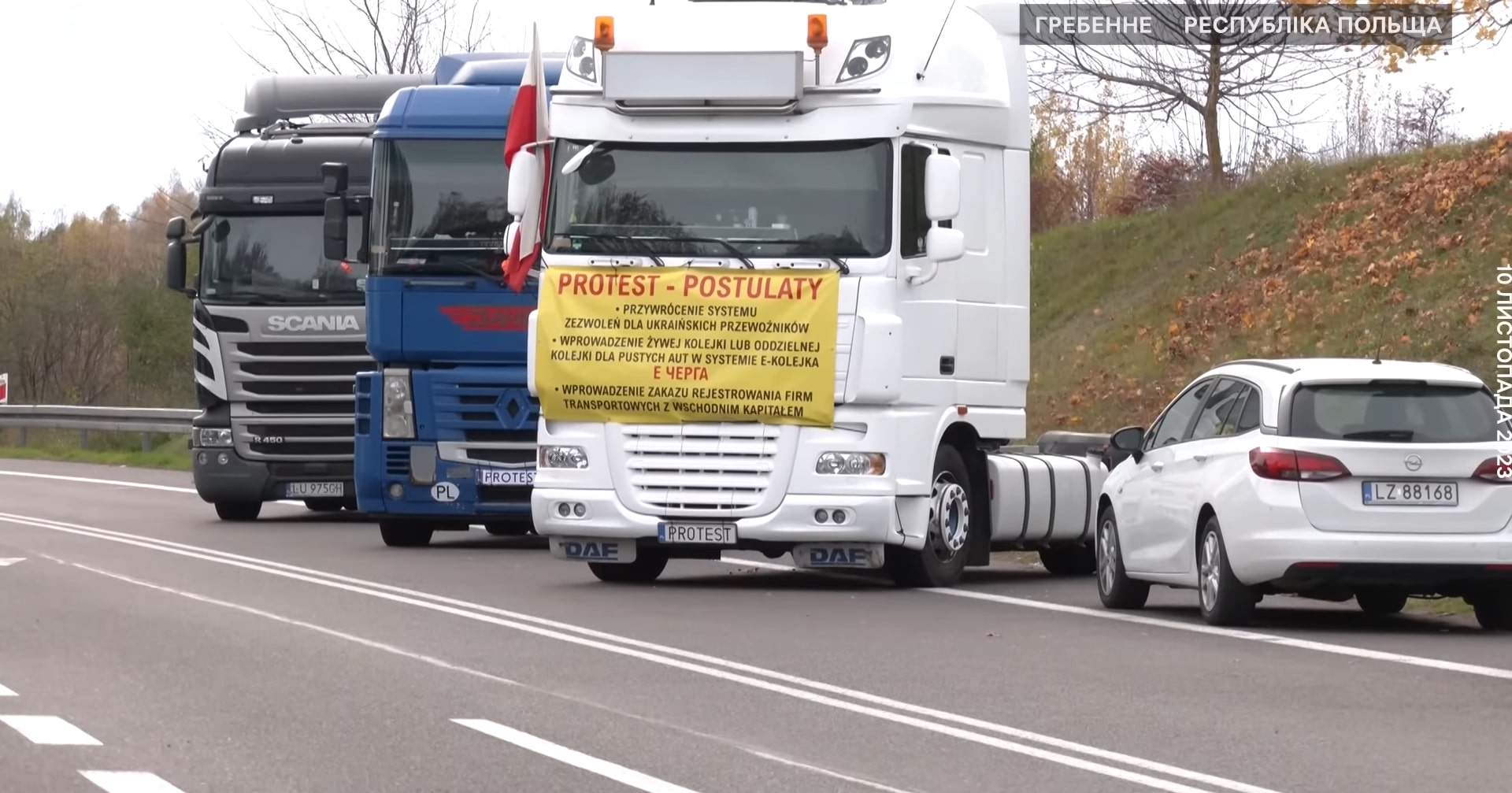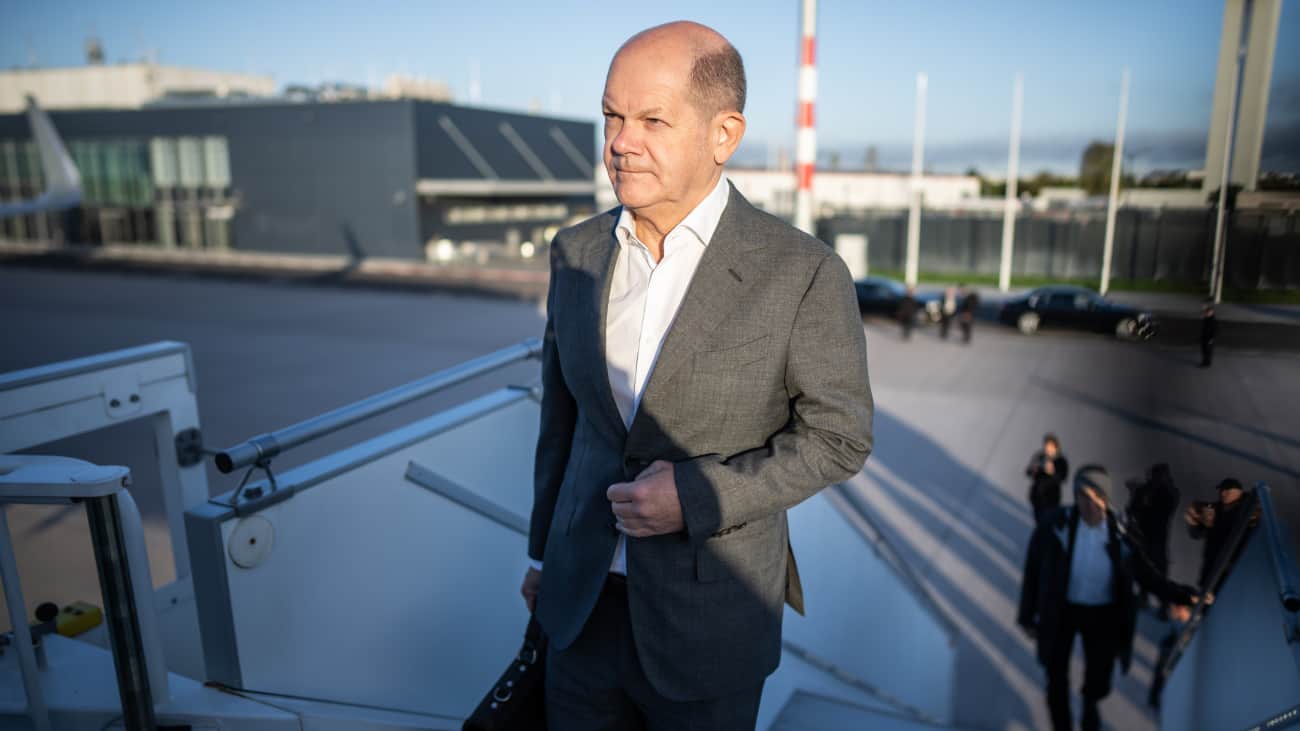Cease-fire protest halts California legislative session
The demonstration highlighted a widening rift between progressive activists and more mainstream Democrats.

SACRAMENTO, California — Hundreds of cease-fire activists on Wednesday interrupted California lawmakers' return to the Capitol, forcing the state Assembly to adjourn for the afternoon.
The protesters filled the chamber’s gallery and began chanting and singing “cease-fire now” soon after the Assembly gaveled open its first floor session of the year. They demanded lawmakers call for an end to the Israel-Hamas conflict that has killed thousands of civilians.
It’s the third time in recent months that cease-fire demonstrators have disrupted a major political event in California, highlighting a widening rift between progressive activists and more mainstream Democrats over the conflict.
Assembly leaders initially tried to quell the outburst but quickly recessed and walked off the floor. The protesters hung large black and red posters from the gallery overlooking the area where lawmakers sit, and at least 100 protesters also filled the Capitol rotunda outside the chambers.
A number of Jewish organizations across the state were behind the effort, including Jewish Voice for Peace, If Not Now and the International Jewish anti-Zionist network, spokesperson Liv Kunins-Berkowitz told POLITICO.
And while many of the protesters were Jewish, their presence also highlighted deepening divisions among Democrats.
Earlier Wednesday, Legislative Jewish Caucus released an unusually lengthy and pointed letter deploring rising antisemitism following the Oct. 7 attacks — including by some allies, like “some capitol advocates and labor unions,” whom they accused of condemning Israel while remaining silent on Hamas’ aggression.
"We find ourselves asking fundamental questions — including about the security of our families and our community — that we could not have imagined several months ago,” the letter said.
The caucus said they would seek a legislative package that includes bills addressing campus antisemitism and “ensuring our K-12 schools are not teaching children propaganda about Jews and Israel,” echoing Jewish officials’ criticism of an unauthorized Oakland teach-in event.
As protesters chanted in the rotunda hundreds of feet away, state Sen. Scott Wiener (D-San Francisco), delivered a Senate floor speech warning that an anti-Israel backlash had fed “a poisonous and hostile environment for Jewish students” around California.
In remarks to reporters, Wiener and a Jewish Caucus colleague, Assemblymember Jesse Gabriel (D-Los Angeles), reprimanded the demonstrators for halting the democratic process.
But they stressed a deeper sense of dread among Jewish residents that rhetoric could quickly escalate to violence, with Gov. Gavin Newsom’s office briefing them Tuesday night on an uptick in bomb threats against Jewish sites like synagogues.
“People who are not part of the Jewish community really don’t understand how this is impacting us, why this is causing so much fear and so much anxiety,” Gabriel said, noting his synagogue now features armed guards and metal detectors.
Legislative staffers cleared the Assembly floor as they prepared to lock down the chamber.
Assemblymember Isaac Bryan (D-Los Angeles) called the demonstration “a powerful showing of civil disobedience.”
Republican Leader James Gallager said the disruption crossed the line from free speech into disorder.
"It's something we've seen all too often of late," Gallagher said. "People have free speech, people can express their ideas freely, but when we're shutting down government business to get across your agenda, I just don't think that's the right way to go about it."
In November, a crowd of 1,000 pro-cease-fire protesters overwhelmed security guards and stormed the California’s Democratic Party’s convention in Sacramento, forcing party leaders to cancel events for one night. Then last month, Gov. Gavin Newsom moved an in-person tree lighting ceremony at the Capitol to a virtual format due to concerns about protests.


